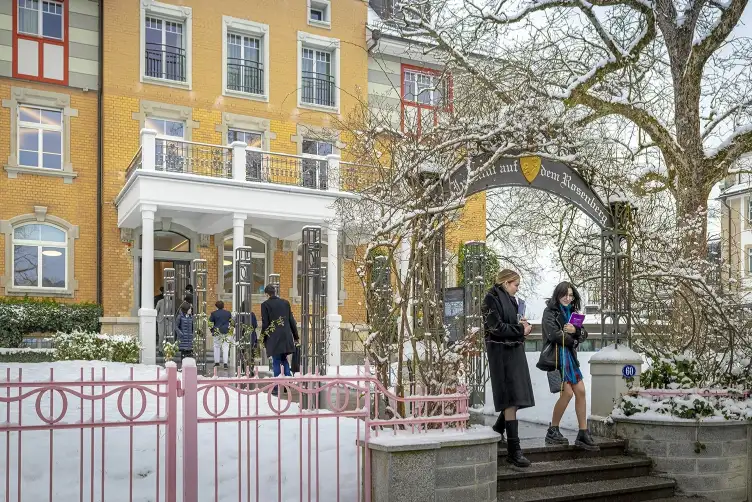According to the newly released Spear’s School Index 2025, Institut auf dem Rosenberg in Switzerland retains its title as the world’s most expensive school, now charging a staggering $183,000 (approx. ₹1.5 crore) annually.
This private boarding school is known not only for its fees but also for its extreme exclusivity, boasting a lower acceptance rate than elite institutions like IIT, MIT, and Harvard.

Located in St. Gallen, Rosenberg offers an education tailored for the children of global billionaires, blending academic rigour with leadership, innovation, and social finesse. Its curriculum goes beyond textbooks: students are exposed to AI labs, space tech projects, etiquette classes, and real-world entrepreneurship.
The school has become a symbol of the shifting dynamics in global education, where institutions now compete not just on academics, but on legacy, connections, and soft power.
Critics may raise eyebrows at the price, but for many ultra-wealthy families, Rosenberg isn’t just a school, it’s an investment in social capital and future-proof grooming.They question whether such exclusivity is educational innovation or simply high‑cost prestige. Supporters argue that for families seeking more than conventional schooling, who insist on global standards from academic rigour to infrastructure and social capital, the investment may appear justified.
In a market where school fees are already climbing steeply, this model signals a broader shift toward ultra‑premium education. The implications go beyond price, it’s about access, equity, and what education means when cost is no bar.
